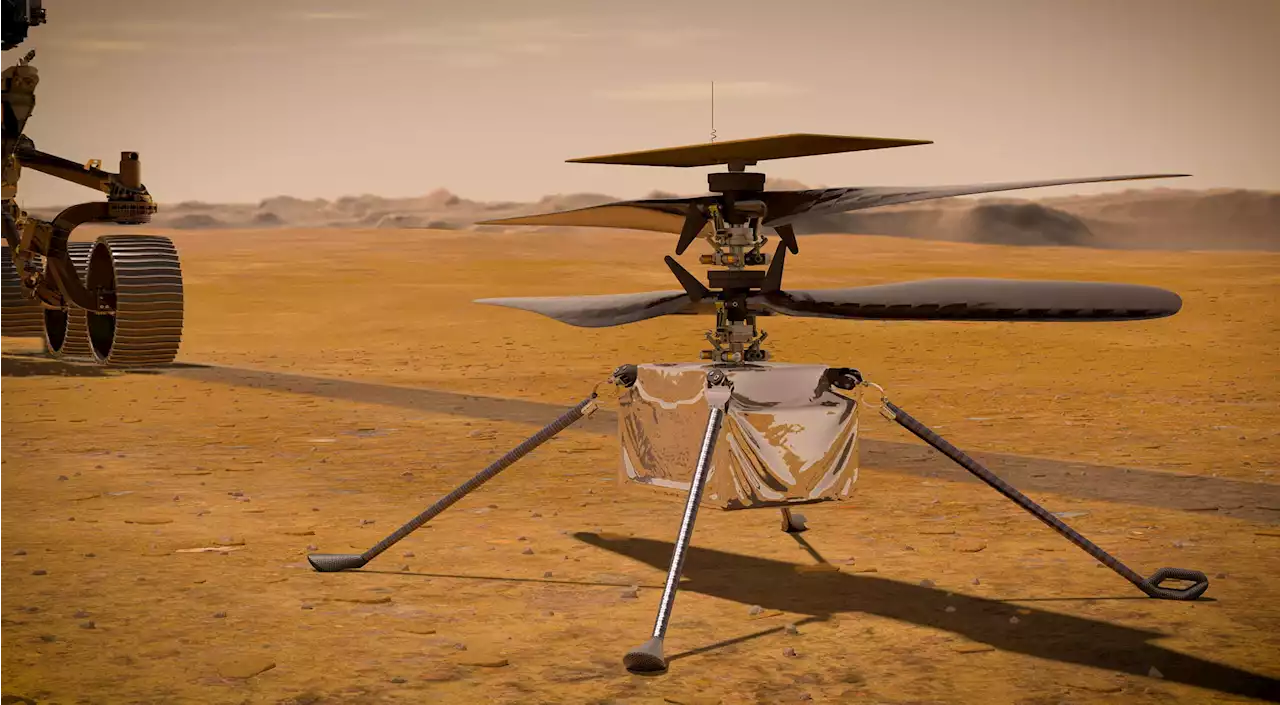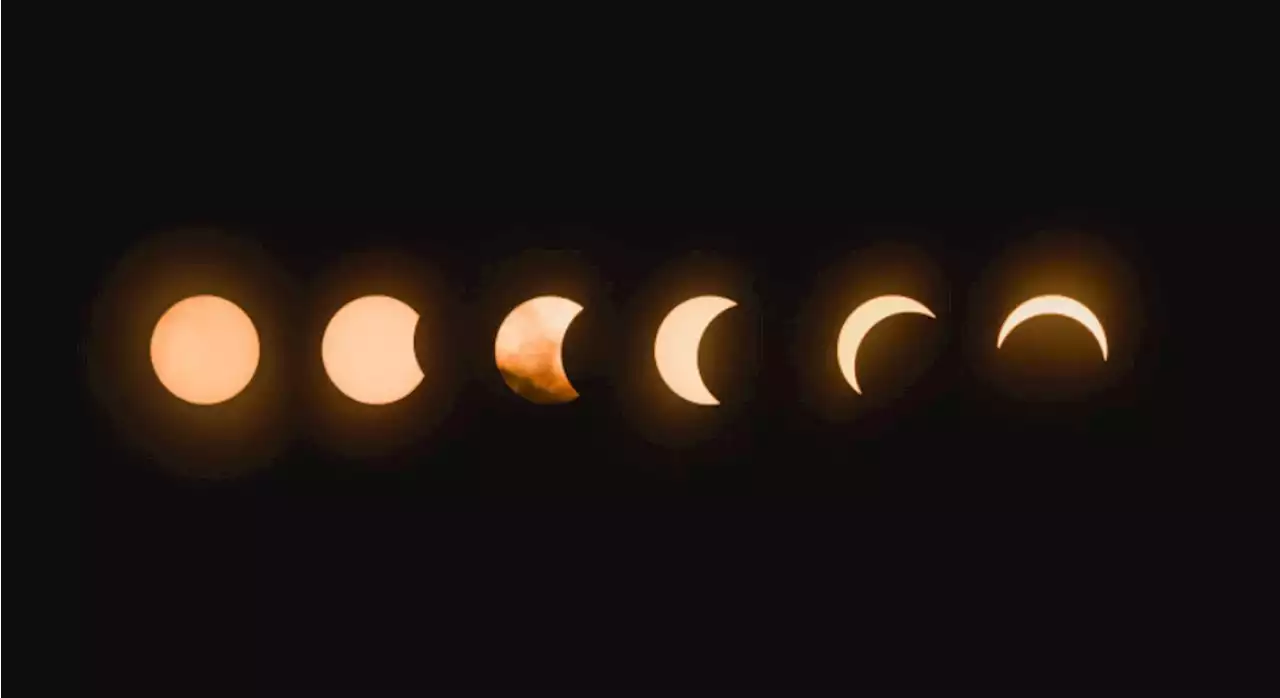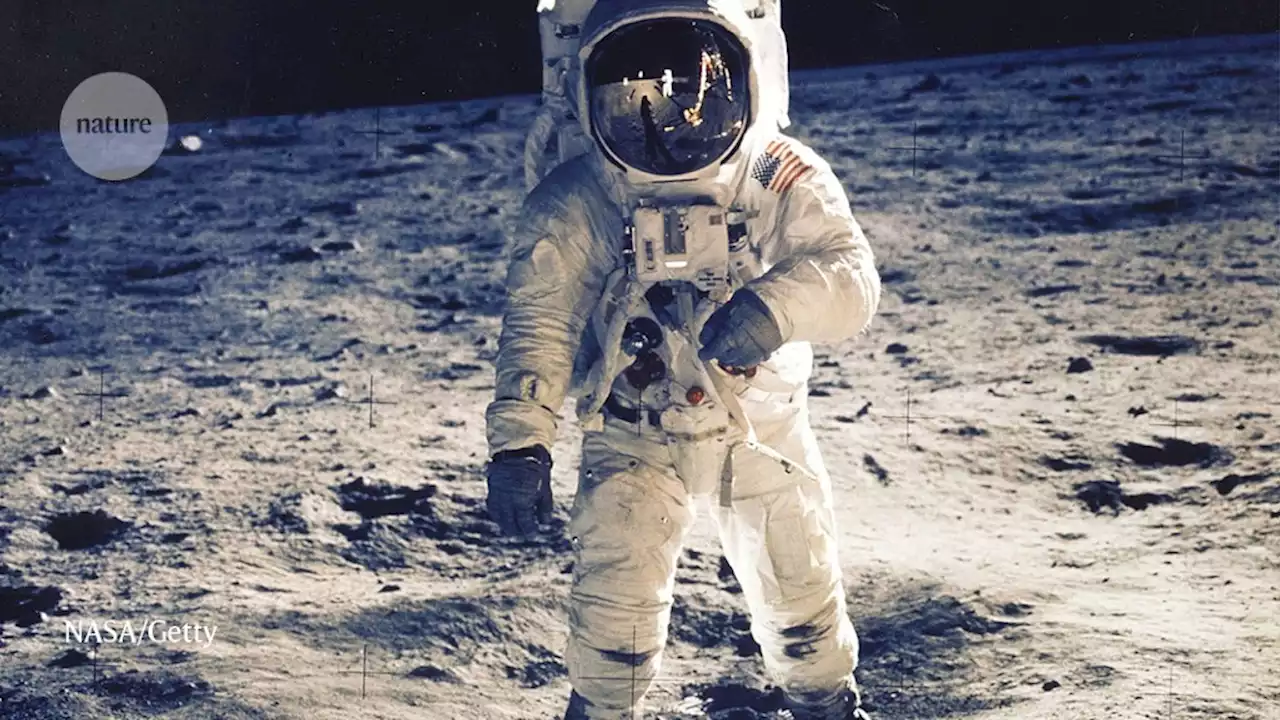According to the study, the plants all germinated within 48 to 60 hours.
Researchers at the University of Florida received moon soil, also called lunar regolith, from NASA to conduct the experiment. The small samples of soil came from the Apollo 11, 12 and 17 missions to the moon.
But by the sixth day, the plants in lunar soil began to grow differently than the control group of thale cress. Researchers found that the lunar regolith plants grew slower and displayed"stunted roots," NASA said."Additionally, some had stunted leaves and sported reddish pigmentation." "At the genetic level, the plants were pulling out the tools typically used to cope with stressors, such as salt and metals or oxidative stress, so we can infer that the plants perceive the lunar soil environment as stressful," Paul said.
France Dernières Nouvelles, France Actualités
Similar News:Vous pouvez également lire des articles d'actualité similaires à celui-ci que nous avons collectés auprès d'autres sources d'information.
 How NASA Ingenuity will survive the harsh Martian winterNASA's Ingenuity helicopter has encountered some communication issues, but here's what NASA is doing to prep for winter on Mars.
How NASA Ingenuity will survive the harsh Martian winterNASA's Ingenuity helicopter has encountered some communication issues, but here's what NASA is doing to prep for winter on Mars.
Lire la suite »
 NASA: Total lunar eclipse happening over weekendOn Sunday, the Earth will cast its shadow over the moon, and we should start seeing the total lunar eclipse that evening.
NASA: Total lunar eclipse happening over weekendOn Sunday, the Earth will cast its shadow over the moon, and we should start seeing the total lunar eclipse that evening.
Lire la suite »
 A power suit created by NASA and UFC can boost the power capacity of EVsThe material created by UCF and NASA researchers is able to boost an electric vehicle's power capacity and increase its durability.
A power suit created by NASA and UFC can boost the power capacity of EVsThe material created by UCF and NASA researchers is able to boost an electric vehicle's power capacity and increase its durability.
Lire la suite »
 NASA should lead humanity’s return to the MoonThe Artemis mission plans to send astronauts to the Moon in 2025 — a worthy goal for science and humanity in bleak times. The US Congress should cough up the cash.
NASA should lead humanity’s return to the MoonThe Artemis mission plans to send astronauts to the Moon in 2025 — a worthy goal for science and humanity in bleak times. The US Congress should cough up the cash.
Lire la suite »
